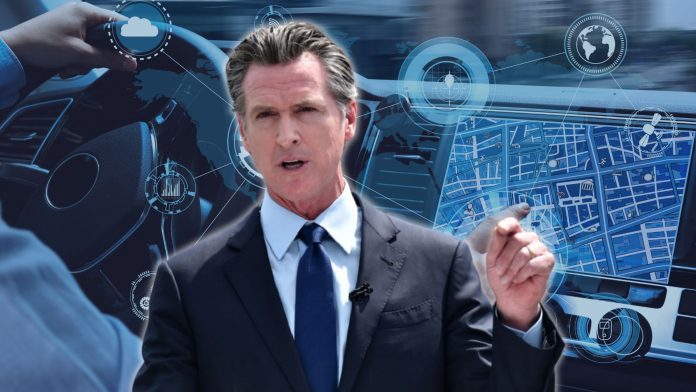California lawmakers have passed a groundbreaking bill requiring automakers to enhance protections for domestic abuse survivors in vehicles equipped with internet-connected technology. This measure, believed to be the first of its kind in the U.S., mandates that automakers address concerns over stalking and harassment using features such as location tracking and remote control access. The bill is now awaiting a decision from Governor Gavin Newsom, who has until September 30 to sign it into law.
As vehicles become increasingly sophisticated with advanced connectivity features, reports of these technologies being misused by abusers to track and control victims have risen. Automakers like Tesla and others have been involved in discussions regarding the bill’s terms, which were negotiated with Newsom’s staff. One of the bill’s key authors, state Senator Dave Min, emphasized the growing need for legal protections in the face of these emerging threats.
The bill, which passed California’s legislature with overwhelming support, was influenced by reports from survivors who have struggled to escape the control of their abusers. Several high-profile cases, including one where a woman unsuccessfully sued Tesla for failing to stop her husband’s harassment through vehicle tracking, have drawn attention to this issue. Legislative analysts cited reports from *Reuters* and *The New York Times* that showed automakers often failed to adequately assist individuals who reported that a partner was using vehicle technology to target them, even in cases where restraining orders were in place.
Car manufacturers must establish a clear process for drivers to submit documentation, such as a restraining order, and to request termination of another driver’s remote access to the vehicle within two business days. Additionally, the bill mandates that car manufacturers must provide a simple way for drivers to disable location tracking from within the vehicle, offering survivors more immediate control over their privacy and safety.
The legislation takes a significant step in addressing how modern car technology can be used as a weapon against vulnerable individuals. However, Tesla has not publicly supported or opposed the bill. Governor Newsom’s office stated that it would evaluate the bill on its merits before the deadline.
If signed into law, this measure could set a precedent for other states to adopt similar protections, addressing the evolving challenges posed by internet-connected vehicles and ensuring the safety of domestic abuse survivors.



